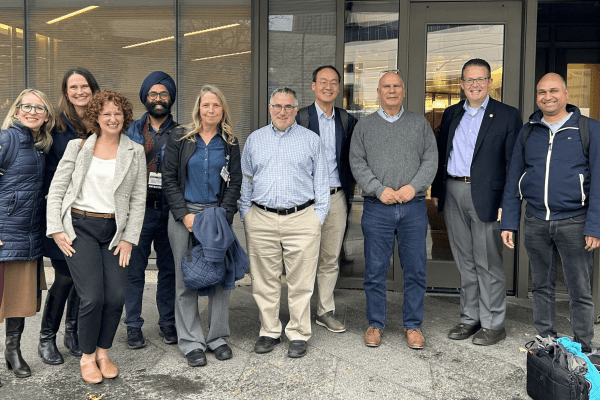Insights from Stanford University site visit
The WashU Digital Transformation team gained insights from a wealth of similar initiatives on the Bay Area campus, centered around healthcare, AI, digital infrastructure, and cross-disciplinary collaboration.
Insights from University of Michigan site visit: Digital Transformation and collaborative initiatives
The insights gained from this visit serve as a beacon of inspiration for the team at Washington University, offering valuable perspectives on collaborative models, infrastructure, and interdisciplinary initiatives.
DI2 Accelerator’s Digital Solutions Studio Helps Researchers Bring Data to Life
This pilot program pairs software engineers with researchers to create useful ways to share research findings.
A Project that Studies Origin Stories Gets Its Happily Ever After
The Digital Solutions Studio helped create Stories That Win, a digital tool WashU researchers are using to collect and analyze fairytales and origin stories.
New Dashboard Helps Researchers Study the Existential Issues of Our Time
The Digital Solutions Studio built the St. Louis Data Dashboard in less than 12 months — an endeavor that would’ve otherwise taken three to five years.




